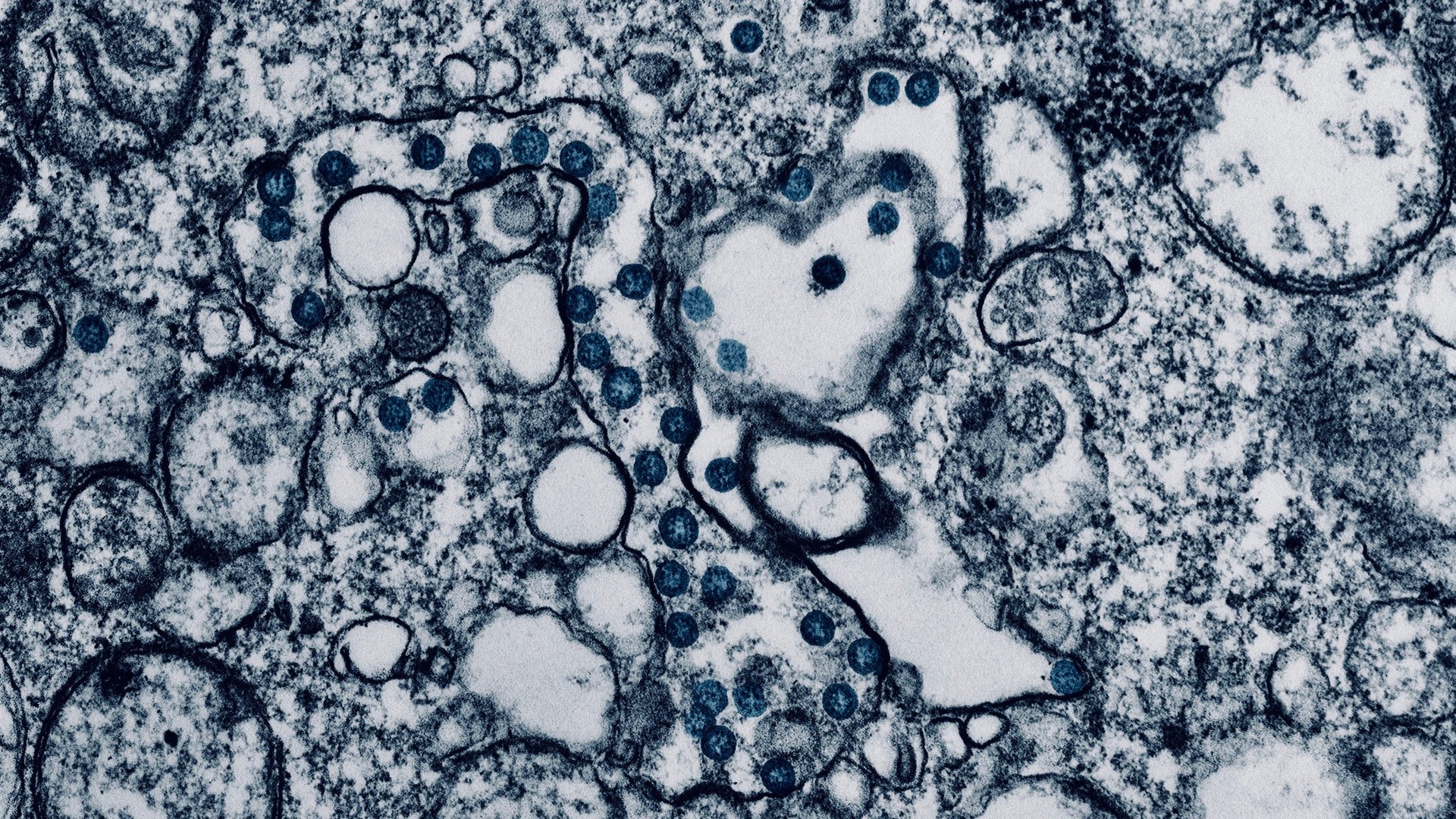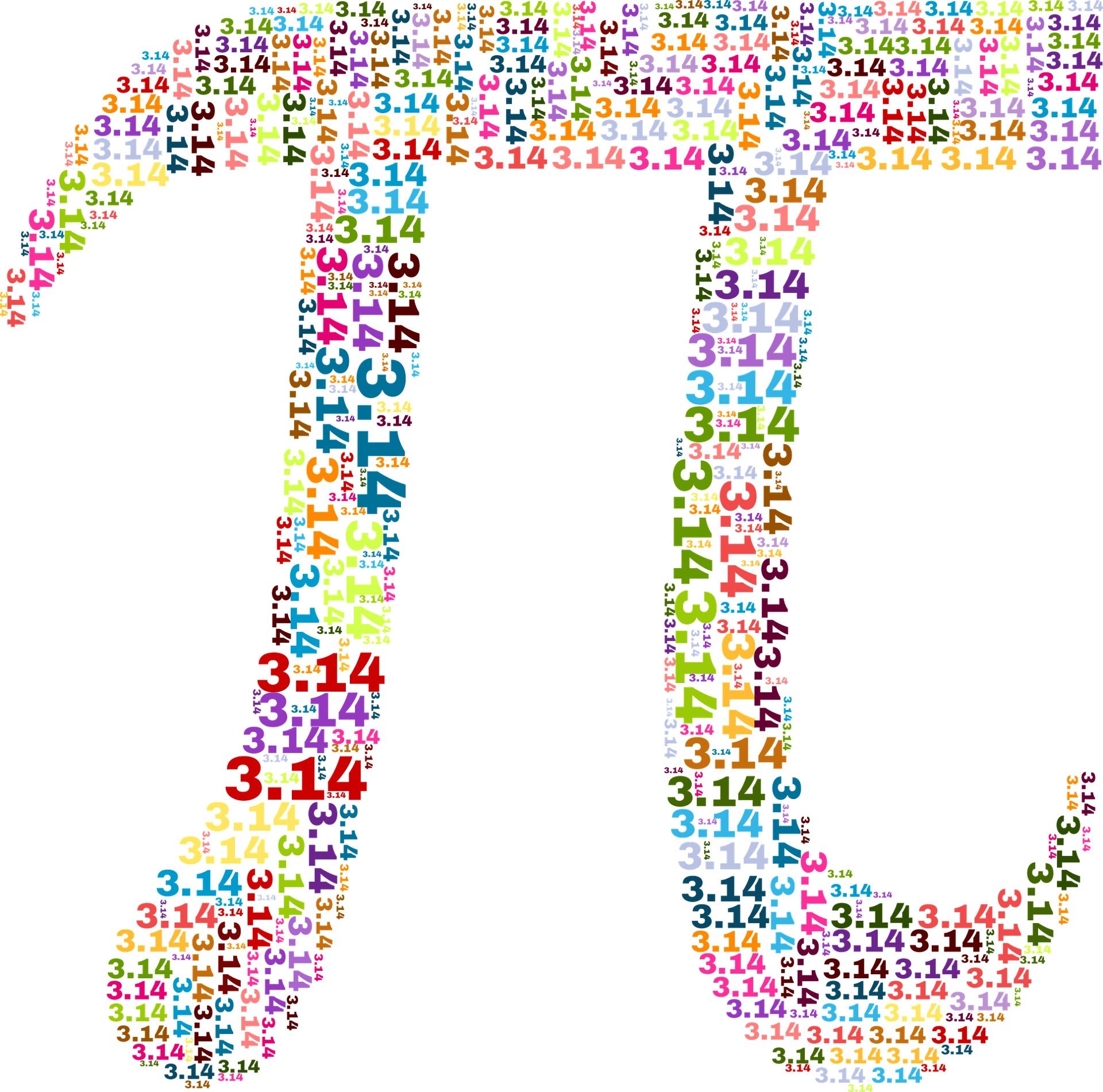Pi Day in the time of coronavirus
The people of postmodernity love numbers. We trust them. Unlike words, digits aren’t slippery or tricky, or so we like to believe. Data will save us!


The people of postmodernity love numbers. We trust them. Unlike words, digits aren’t slippery or tricky, or so we like to believe. Data will save us!

But on Pi Day—March 14, or 3.14 in the US—we celebrate an irrational number, an infinite digit that’s long confounded humanity’s greatest minds and probably always will. A transcendental integer so awesome it makes mystics of mathematicians.
Ponder pi and it puts all the other numbers in perspective, especially in this time of frantic pandemic-tracking, of intensely reading metrics like tea leaves. It offers solace and philosophical lessons.
Numerically, pi is 3.14159265358979323846, plus some. This represents the ratio of a circle’s circumference to its diameter. For any circle, the distance around the edge is slightly greater than three times the distance across. That’s constant.
Yet the decimal expansion has no end. Pi goes on and on. So far, the count is to the trillions of digits.
Plus, the sequence as it unwinds never repeats. This interminable variety can’t be divided by a rational number. That’s what makes pi mathematically “transcendental.”
David and Gregory Chudnovsky, Russian brothers who developed an algorithm for pi that broke computational records in the late 20th century, have mused that its digits contain a hidden rule that could reveal clues as to the mind of God, “a subtle and fantastic order.” It looks like gibberish to humans but is perhaps in the view of a creator, a perfect expression, precisely so for its complexity.
In Taoist terms, pi is like “the way” that cannot be named or explained. It is paradoxically reliable and unpredictable, everywhere but invisible. Use cannot exhaust it.
Counting closures, cancelations, and infections
Pi isn’t solved or solvable. It will not submit to humans or supercomputers. It’s a mystery eternally probed we must live with.
Because you can’t ever quite make sense of pi—less the more you contemplate it—the endless number illuminates existence and the universe. Its philosophical offerings are all the more poignant now, as the world struggles to contain the spread of coronavirus with no notion of what all the eventual fallout could possibly be.
Pi represents the unknowable, which is something we live with all the time but try desperately to ignore or control by planning, charting, insuring, hedging, and guessing. However, we can’t anticipate every development, not even the super consequential ones, as the rapid global spread of a new disease indicates.
It has been an alarming week in an alarming year so far. 2020! Such an easily divisible digit for so turbulent a time.
The unimaginable keeps on happening.
The virus death toll is rising. Italy is basically closed for business (but not newsstands). Flights from much of Europe to the US are suspended. Markets are plummeting from New York to Nigeria and from Mumbai to Madrid. A global recession is looming. Workers everywhere are being sent home, many to labor beside children who are out of school. Entertainment, sports, and culture are all essentially canceled, and the wisdom of institutions that continue as usual is highly questionable. Meanwhile, world leaders are struggling—there is no global approach, just a slow awakening, location-by-location, to the gravity of the pandemic.
In sum, there is a ton of stuff to figure out, a lot of data to sift through, and little apparent consolation to be found right now. Indeed, seeking out the company of others is discouraged, so here we all are in some form of quarantine, however harsh, waiting for the worst, which is said to be yet to come.
But do not despair!
The Chudnovsky brothers—who by the way worked in a cramped Manhattan apartment that also served as a residence, practically as if under quarantine—never thought they’d solve pi. But they studied it for rules, reading the numbers like literature, attempting to discern that which can be learned. They tried to find the creator’s style, basically, as if the universe had a writer. They turned the mystery into data, despite the futility of any interpretation revealing a maker’s secrets, and they advanced mathematics.
The limits of discovery didn’t daunt them. If anything, this only seemed to inspire.
Importantly, though, the brothers recognized that the fog would never lift. Numbers alone will never tell us the whole truth really. You can read expert predictions on coming deaths, but digits taken out of context are just distracting figures and every educated guess is necessarily incomplete.
Not as simple as pie
Life is mysterious and complex. We all already know and deal with this. Pi is a prism, a lens that magnifies an aspect of existence we avoid assiduously but are actually perfectly capable of managing.

The irrational number makes it simple to see we’re perpetually rationalizing our way through chaos. If the greatest thinkers of the ages have spent years on this digit throughout history and never been able to explain the endless variation, the infinite calculation—and never expect to—why should anyone imagine they can understand, much less anticipate, what the universe will spit out next?
That sounds stressful but it is also life’s saving grace. Not knowing is the whole glory. Anything can happen but one thing is certain. Things will change.
The infinite calculation will continue to unfold unknowably and sometimes that works out in our favor. Occasionally, we—you or me individually, or humanity collectively—catch a break and we rarely see it coming. Just like we didn’t predict the unimaginable disasters.
The unfolding mystery will bring all the things, including upsides to coronavirus. Seriously.
Already, one design trends forecaster is predicting the pandemic could provide a global environmental course correction that could help save the planet. Last year’s flight shaming is now newly passé because everybody is too busy canceling travel plans and figuring out whether their bookings were insured. We’re not going anywhere for a bit and maybe that is fine. Who knows what delights might just yet unfold in the four corners of our rooms-turned-offices-gyms-and-schools?
Potential silver linings aside, the always not totally knowing what is next makes existence exquisite. We’re all gamblers, however safe we may play it, every living moment rolling the dice on survival, haunted, consciously or not, by the knowledge that—unlike pi—we are finite.